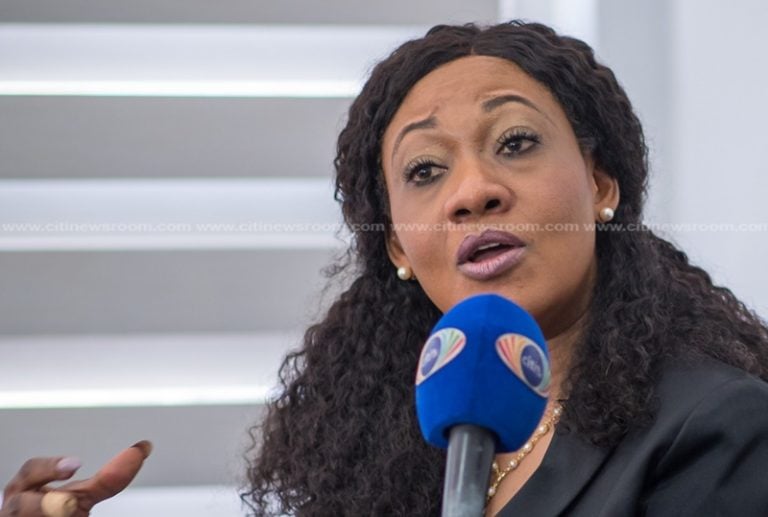The Electoral Commission (EC) of Ghana has recently come under scrutiny following its disqualification of a number of presidential candidates, including notable figures like Bernard Mornah of the People’s National Convention (PNC). The disqualification, which occurred on September 20, saw 11 candidates being ruled ineligible to contest in the upcoming election scheduled for December 7. The commission has attributed this decision to these candidates not fulfilling the necessary criteria that govern the nomination process. In response to this action, both Mornah and Kofi Siaw Asamoah from the Progressive People’s Party have initiated legal proceedings aimed at challenging the EC’s ruling and seeking reinstatement on the ballot.
During an Inter-Party Advisory Committee (IPAC) meeting on October 1, EC Chairperson Madam Jean Mensa articulated the commission’s stance on the matter. She reiterated that the EC conducted a meticulous review of all nomination submissions prior to the disqualifications. Madam Mensa highlighted the transparency and fairness of the process, asserting that it was conducted in an open manner with appropriate committees established to oversee the evaluations. The EC chairwoman stressed that the commission is not only ready to defend its decisions in court but also eager to demonstrate to the citizens of Ghana that their operations uphold integrity and fairness.
Mensa’s defense centers around the transparency of the nomination process, implying that all candidates were given an equal opportunity to participate. She conveyed confidence that the reports generated from the committee’s reviews would vindicate the EC’s actions. The commission has expressed its commitment to not impede anyone’s political aspirations, framing the disqualifications as a necessary measure rooted in adherence to established electoral laws and regulations. This narrative is particularly significant in the context of maintaining the integrity of the electoral process in Ghana.
Legal actions by disqualified candidates such as Mornah and Asamoah highlight the contentious atmosphere as the elections approach. The EC has indicated it is prepared for these legal confrontations and is resolute in its belief that their selection process was just. This scenario illustrates the broader theme of electoral integrity in a democratic society, particularly regarding the responsibilities of electoral commissions to uphold their regulations while balancing the political aspirations of various candidates.
Furthermore, the EC’s position raises questions about how electoral regulators navigate the dilemmas presented by candidate disqualifications. While the commission emphasizes its transparency and fairness, it must also consider the perception of impartiality among the political contestants and their supporters. The responses from the disqualified candidates suggest that there is a sense of unease and frustration regarding the processes leading to their exclusion from the electoral race, which could potentially undermine trust in the electoral system as a whole.
In conclusion, the EC’s recent decisions have sparked significant debate about electoral procedures, transparency, and fairness in Ghana’s political landscape. The disqualification of eleven candidates, coupled with legal challenges from prominent figures, underscores the tensions inherent in the electoral process as the country gears up for its elections. Moving forward, the EC’s ability to effectively address these challenges and reaffirm public confidence in the electoral process will be crucial for both the integrity of the December elections and the broader democratic health of Ghana.


